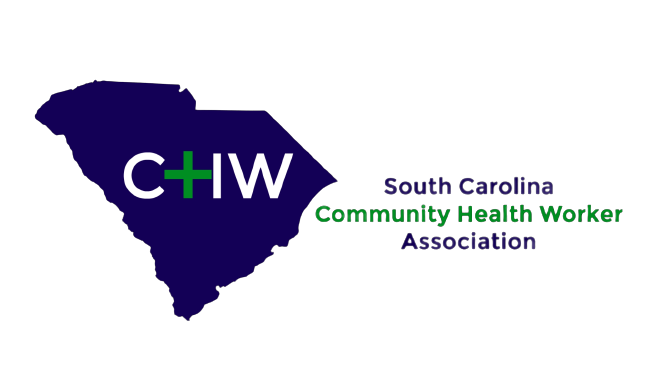Community Health Workers for COVID Response and Resilient Communities (CCR)
Community Health Workers for COVID Response and Resilient Communities (CCR)
KEY POINTS
- Community health workers can improve health by breaking down barriers to health care and helping people learn how to manage their chronic conditions.
- CCR funding aims to decrease the effect of COVID-19 on people who are most at risk and improve communities' ability to respond to COVID-19 and future public health emergencies.

Overview
CDC's Community Health Workers for COVID Response and Resilient Communities (CCR) initiative helps put more trained community health workers (CHWs) in the communities that have been most affected by COVID-19. CHWs are frontline public health workers and trusted members of the communities they serve. This trust allows the CHW to better connect community members to community resources like health care and social services.
Program priorities
Despite prevention efforts, some communities are more affected by chronic diseases than others. Public health crises like COVID-19 worsen these differences in health. CHWs are well-positioned to:
- Reach the communities most affected by COVID-19.
- Stop the spread of COVID-19.
- Help communities move toward health equity.
CCR aims to decrease the effect of COVID-19 on people who are most at risk. It also aims to improve communities' ability to respond to COVID-19 and future public health emergencies. To do this, CCR-funded programs are carrying out activities aligned with three high-level strategies over 3 years:
- Train CHWs on the knowledge, roles, and skills needed to support the COVID-19 public health response.
- Deploy CHWs to help manage COVID-19 outbreaks and prevent the spread of COVID-19.
- Engage CHWs to strengthen community resilience, which is a community's ability to provide the resources, support, and interactions necessary to help community members improve overall health, cope with trauma, and prepare for future public health emergencies.
To Read More about this program and it's achievements, Click Here.
